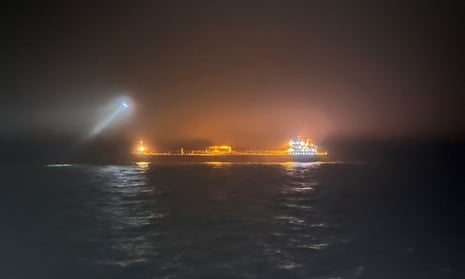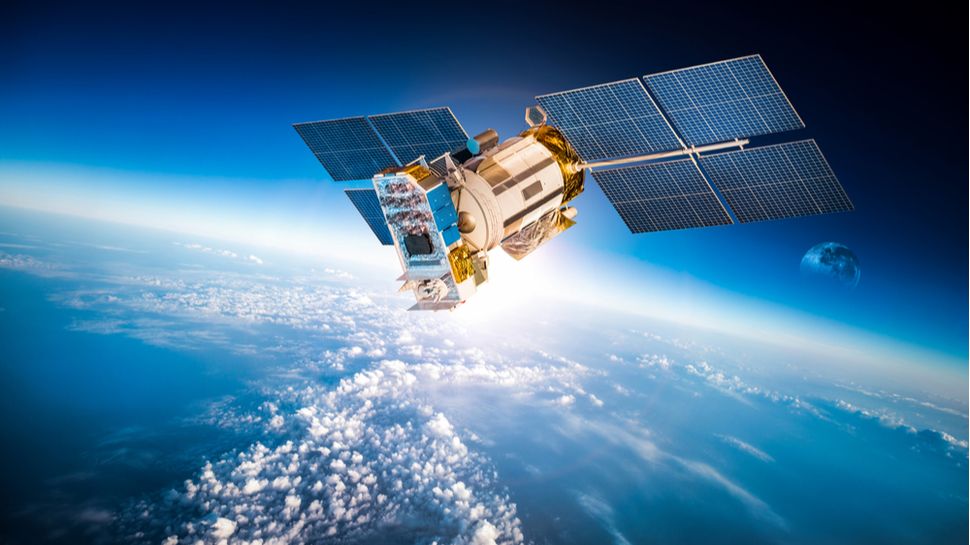Transatlantic subsea cables serving Europe and the UK go to or near its shores – but some say recent suspected sabotage means Ireland must be able to defend itself. They are the bedrock of the internet, keeping everything from TikTok to emergency services, business, banking systems and political and military communications running smoothly.
![[The Russian ship, the Yantar, is observed by a Royal Navy ship]](https://i.guim.co.uk/img/media/382bdf0ffbbb2a9a4a9a234ebd1cae7cb054a9dd/368_0_3161_1897/master/3161.jpg?width=445&dpr=1&s=none&crop=none)
But deep under the sea, the network of cables around British and Irish shores are being considered as increasingly attractive targets for military, terrorist or criminal actors after several incidents in the Baltics where internet cables were severed and internet communications were disrupted.
![[Underwater cables crisscrossed on the seabed]](https://i.guim.co.uk/img/media/b57b8014f6c46515f25bc6b50f54afa5d2db30ff/0_300_4000_2401/master/4000.jpg?width=445&dpr=1&s=none&crop=none)
With 75% of all transatlantic cables going through, or close to, Ireland, it has an outsized strategic importance in relation to the UK and Europe. Since the cutting of cables between Finland and Estonia two years ago, and another incident in November severing links between Finland and Germany, and Sweden to Lithuania, questions are being asked as to who exactly secures the seabed in Ireland’s territorial waters and its exclusive economic zone (EEZ) which stretches 230 miles beyond a nation’s shores.
Ireland is not in Nato and has no submarines, and it operates a policy of neutrality, with one of the smallest defence forces in Europe, spending less than countries including Croatia, Slovakia or Portugal. Gerard Craughwell, an Irish senator who has campaigned on defence issues for the past decade, told the Guardian it is time for the Irish public to realise that the country’s neutrality is no shield in modern warfare or criminality.






















